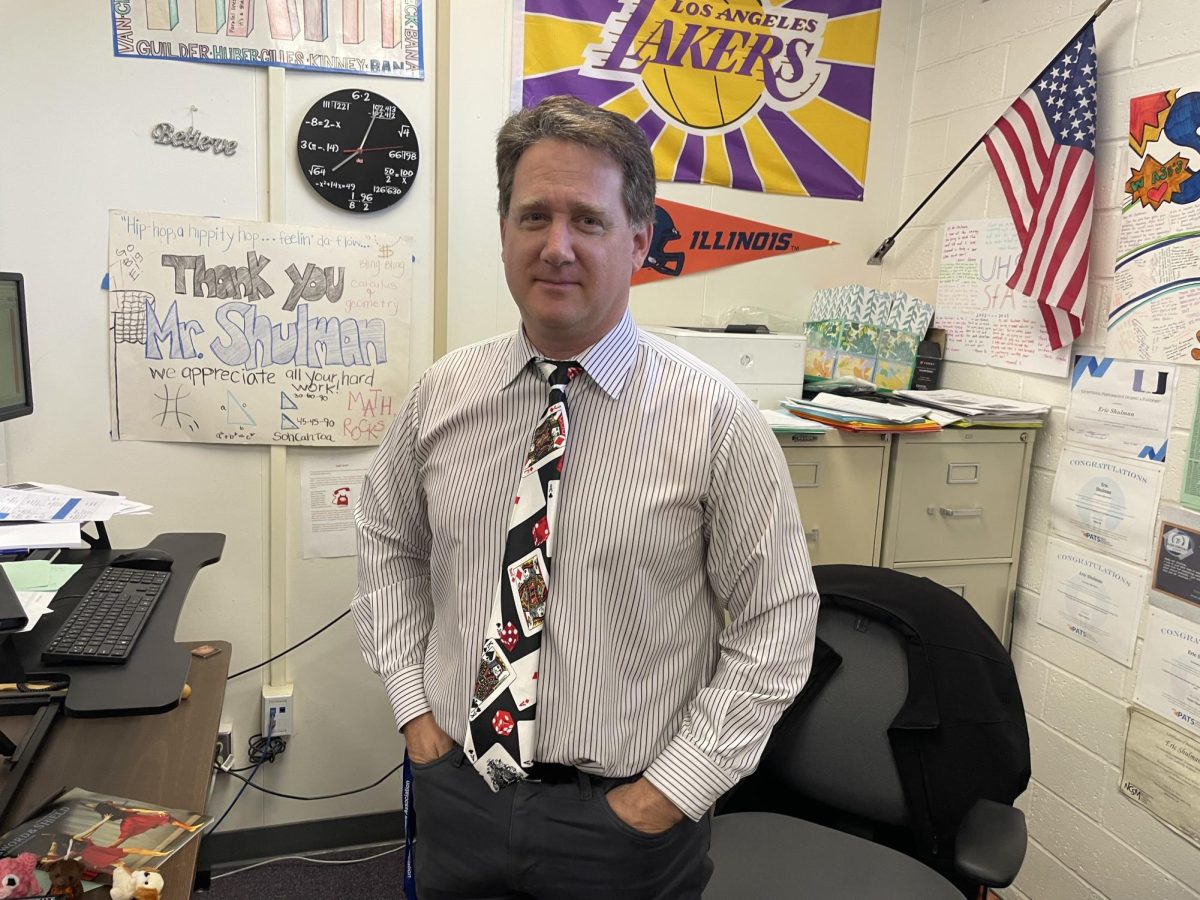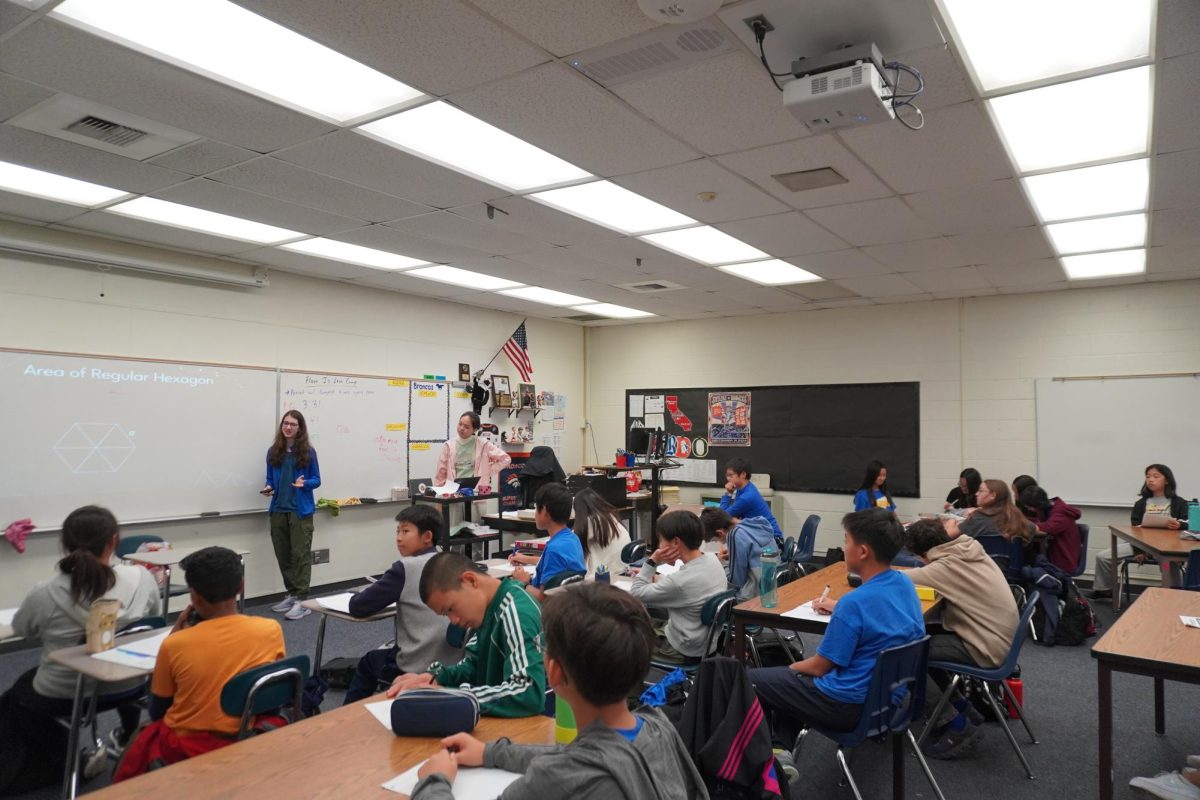Students often see teachers on campus through a lens of grades and deadlines rather than as real people with whom they can form relationships. Given the academic nature associated with classwork, one can sometimes forget that teachers are people with unique lives and passions outside of school.
Students can get to know their teachers by initiating positive interactions with them, even if it only takes a few seconds. These small conversations allow teachers to create a better image of you in their minds and have a better understanding of your personality.
“In that time when you’re entering and exiting class, those ‘hellos,’ ‘goodbyes,’ ‘have a nice days’—those kinds of things to make a little bit of a connection early—that’s meaningful to teachers, especially those [students] who have a positive attitude coming in and leaving the room,” math teacher Mr. Eric Shulman said.
It takes two to have a meaningful relationship; one-sided conversations can feel a little frustrating, especially when it comes to unresponsive students in the classroom.
“It is so important in my class, particularly, for students to participate in discussions . . . I think the pandemic allowed a lot of kids to kind of sit back and just be passive, and I’m seeing that get worse as time goes on,” Chemistry teacher Ms. Valerie Thompson said. “It’s extremely important to participate in your own education.”
Teachers also appreciate it when students are kind not only to them but also to other students.
“Helping each other out and being authentic is huge,” Ms. Thompson said. “One of the most devastating things is to find that a kid who you thought was really nice, who is kind to you, is mean to other students outside of the class, talks down to them, intimidates them or puts them down for not getting straight A’s.”
Authenticity is a key factor in not only building relationships with your teachers but also showing your core values to them. Teachers prioritize honesty and integrity just as much as grades or intelligence, meaning students who work hard and try will likely be able to build positive relationships with their teachers.
Many students may have difficulty building relationships with their teachers due to fear or their perceived image of an intimidating teacher. Students, however, have to keep in mind that their teachers are there for a reason.
“Come up with your friend and ask the question, so you kind of have that literal and figurative support,” Mr. Shulman said. “While you’re doing it slowly, it’ll become easier, mentally. They’ll become human.”
Teachers, more often than not, want to help their students succeed in the classroom. Each and every one of them is there because of their capability and desire to teach and support their students. It is essential for students to learn to communicate with their teachers for their future, as communication skills are necessary for both cooperation in the workplace and self-growth as human beings.











